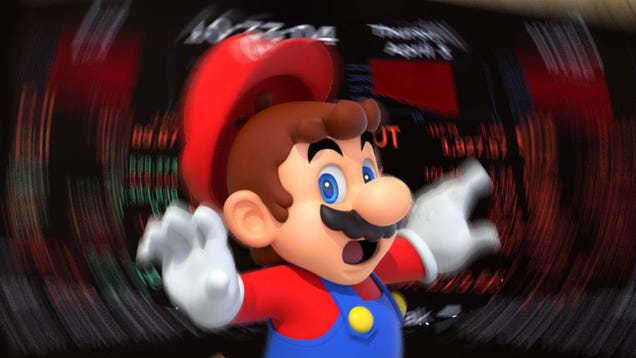Nintendo's Next-Gen Gamble: How Trump's Tariff Tango Could Reshape Switch 2's Launch

Nintendo's highly anticipated Switch 2 preorders hit an unexpected roadblock today, as the gaming giant paused sales in the United States and Canada. The sudden halt came in response to potential price complications triggered by recent tariff developments under the Trump administration.
Just hours after import taxes threatened to dramatically inflate the console's original $450 price point, the White House appears to be backpedaling on its most aggressive trade measures. This rapid shift has left consumers and tech enthusiasts wondering about the future of the Switch 2 launch.
The sudden policy reversal raises more questions than answers. Will the console maintain its planned pricing? Can preorders resume smoothly? The gaming community remains on edge, watching closely as Nintendo navigates this complex economic landscape.
As trade tensions continue to create uncertainty, gamers are left hoping for a clear resolution that won't impact their long-awaited next-generation gaming experience. The Switch 2's fate hangs in a delicate balance between international trade politics and consumer expectations.
